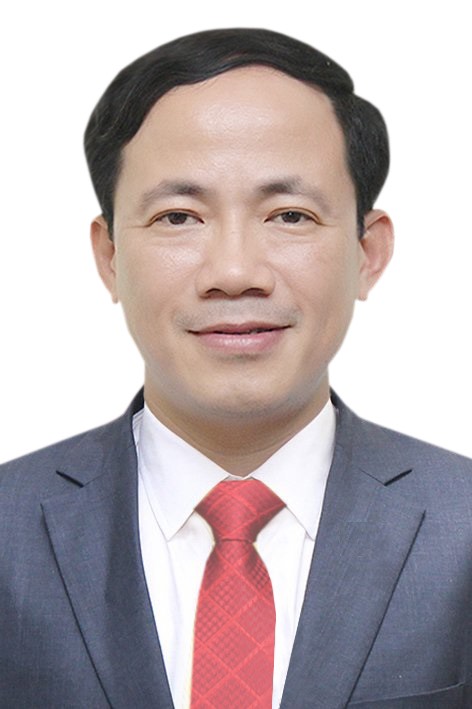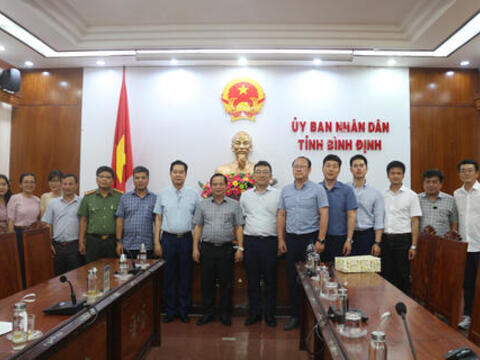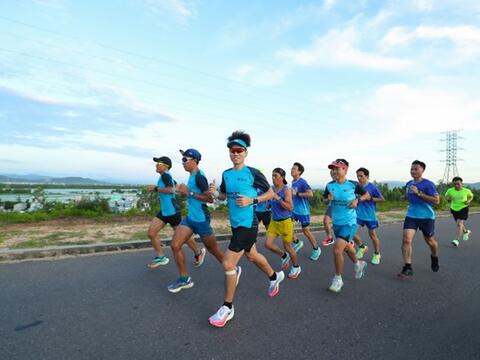Leader of Binh Dinh People’s Committee meeting with the New Zealand delegation

Vice Chairwoman of PPC Tran Thi Thu Ha gave a speech at the meeting
At the meeting, the provincial leader and the leader of DARD have assessed the shortcomings and limitations of the component of VietGAP Certified Safe Vegetable, implemented in the province recently. In fact, technical cadres in productive units have not done a good job of organizing and guiding farmers to produce VietGAP Certified Safe Vegetable. The productive organization of vegetables in the project-based localities is still limited, unable to manage the use of plant protection drugs and organizational management of the series of production. Besides, the advertising activities and trade promotion programs on VietGAP Certified Safe Vegetable have been done well, and the consuming markets are limited. On the other hand, VietGAP standards are too high; the process is complicated. As a result, the farmers are difficult to apply to appropriate production.
The province hoped that the New Zealand Government would continue assisting the phase 2 of Safe Vegetables in the next five years as well as allow changeing VietGAP Certified Safe Vegetable into Safe Vegetable. The province also requested the New Zealand Government to assist 50 coconut fiber machines worth 7,512 USD and 7,500 USD to support the development of coconut oil processing facilities, building irrigation systems for safe vegetable production areas. The People’s Committee of Binh Dinh Province will assign DARD to prepare necessary documents of the phase 2 and send them to the New Zealand Government for consideration.
Ms. Kathryn, the First Secretary of the New Zealand Embassy to Ha Noi, agreed to continue assisting the implementation of the phase 2 of the project “Sustainable Rural Livelihoods” within 5 years, in which the priority is given to maintain and expand the vegetable production component. In order for the phase 2 of the project to be implemented effectively, the province must overcome the limitations in the managing process, the organization of vegetable production, the linkage between poor farmers to markets. At the same time, the province will define and the detailed design of phase 2 of the project, expanding the beneficiaries of the safe vegetable project, developing the managing mechanisms of production, and processing the storage and consumption of the products in sequence. The producers and the market will have to connect closely.
Ms. Kathryn also agreed to change VietGAP Certified Safe Vegetable into Safe Vegetable as the the province had recommended and provide financial assistance for the province to purchase coconut fiber machines and develop irrigation systems for safe vegetable production areas.

 Tiếng Việt
Tiếng Việt 








